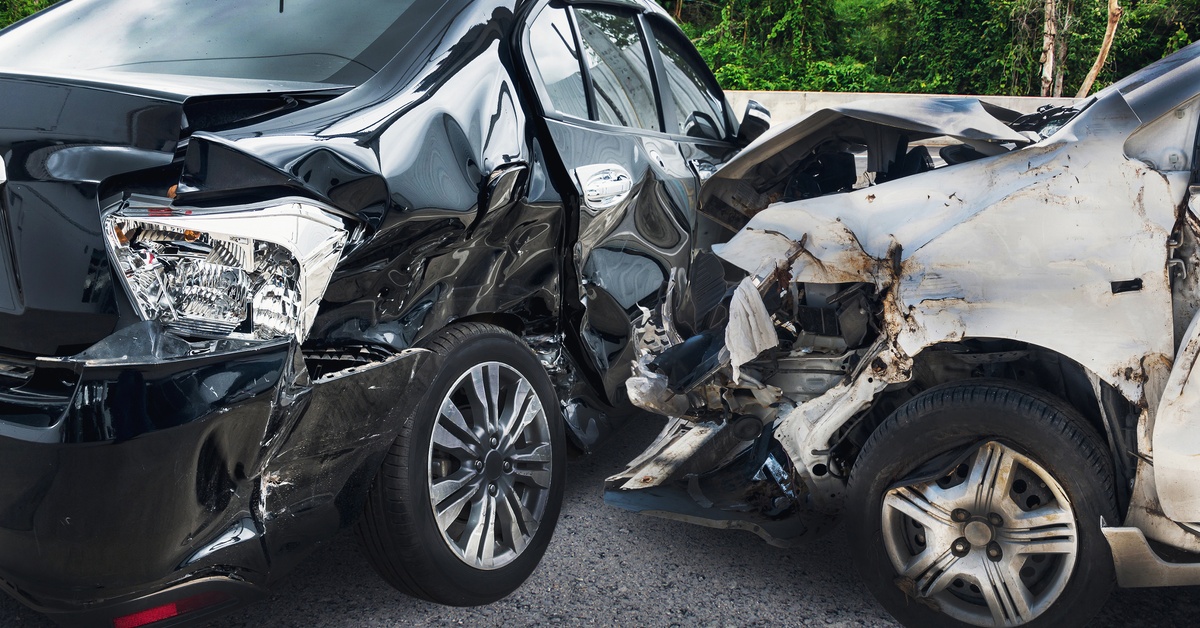
When an accident results in significant vehicle damage, people often refer to vehicles being “totaled.” But what does this term actually mean? Insurers rely on specific criteria to determine if a vehicle is a total loss, taking into account repair costs, the car's value, and more. Here’s a breakdown of how insurers determine if a vehicle is totaled and what that means for you.
What Is a Totaled Vehicle?
A vehicle is considered “totaled” when the cost to repair it exceeds its pre-accident market value. Insurance companies determine a car's actual cash value (ACV) by evaluating factors such as its age, condition, mileage, and market value before the accident.
In some states, a vehicle is considered totaled if the repair costs reach a certain percentage of its ACV, typically 75 or 80 percent. However, California uses a simple formula to dictate whether it is economical to repair a damaged vehicle or if it is a total loss.
How Vehicle Value Is Assessed
Insurers use the Total Loss Formula (TLF) in California to evaluate whether a vehicle is a total loss. The formula evaluates whether the combined cost of repairs and the salvage value exceeds the vehicle's ACV before the accident. If it does, the vehicle is declared totaled. For example, if your car is worth $12,000 but repairs and salvage value together would cost $13,000, insurers will officially classify it as totaled.
The cost of repairs is calculated based on estimates from repair shops and includes the parts, labor, and potential replacement requirements. Salvage value is what the insurer expects to sell the damaged car for, often at a salvage yard or auction. Together, these calculations determine if the expense of getting the car back on the road outweighs its worth.
How Insurers Pay for Totaled Vehicles
When a vehicle is totaled, payment depends on the type of insurance coverage you hold. If you carry comprehensive or collision insurance, your insurer will typically pay the ACV of the car minus any deductible listed in your policy. If another driver was at fault, their liability insurance may cover the costs instead. For leased or financed cars, the payout often goes directly to your leasing or loan company before you receive any leftover funds.
It’s also important to know that insurance won't always pay the full market value if depreciation is considered. Having gap insurance can potentially cover the difference between what you owe on a lease or loan and the payout received. If you don’t have collision, comprehensive, or gap insurance and the fault was yours, you could be left covering repair costs or replacing your vehicle out of pocket.
Protect Your Vehicle With the Right Insurance
Understanding how and why a vehicle is deemed totaled can be critical when selecting the right insurance coverage for your car. Make sure your policy includes options to protect your vehicle’s value and cover potential losses. If you’re looking for coverage tailored to your area, consider options like truck insurance in Los Angeles from Saferoad Insurance to stay protected against potential risks. Start reviewing your insurance policy today to ensure you’re fully prepared for unexpected events.